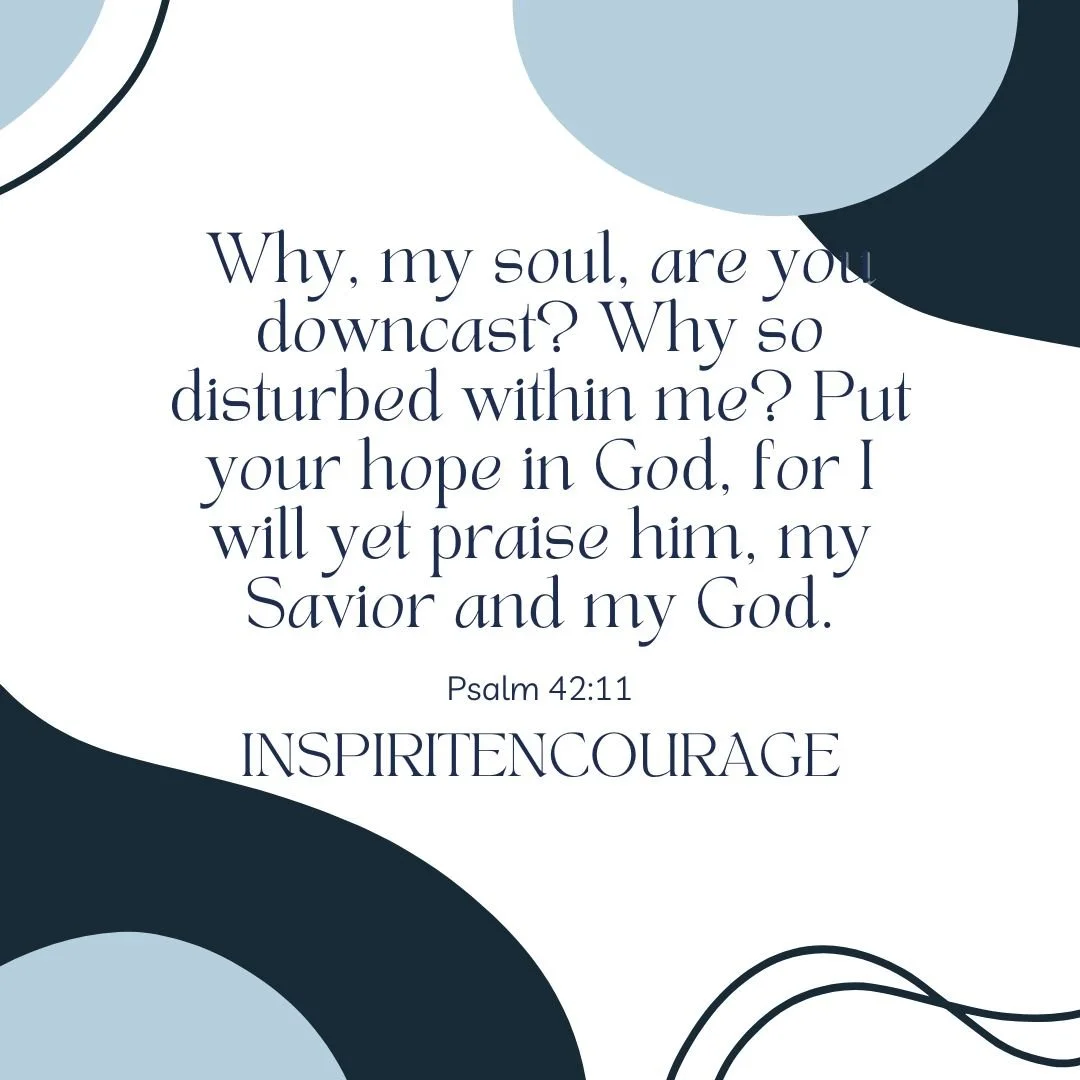Spiritual Practice: Lament
Some days I find myself full of feelings I can’t name—grief, frustration, exhaustion. And I pause and ask: Am I just complaining? Or am I bringing this to God in lament? Am I moving toward Him, or just grumbling in circles?
Lament is not the same as complaining. Complaining often loops in frustration, keeping us stuck in blame or bitterness. But lament turns toward God with honest sorrow. It says, “This hurts, and I need You.” It names the pain and still chooses connection. It’s raw, but it’s full of trust.
Scripture is full of lament—real voices crying out in real pain. And instead of silencing those cries, God welcomes them. Lament is a spiritual practice because it opens a path to intimacy with God when everything else feels broken. It helps us stay close when we’re tempted to shut down or walk away.
Lament Is a Language of Faith
We don’t lament because we’ve lost hope—we lament because we have hope. If I didn’t believe God cared, I wouldn’t bring my sorrow to Him. But I do. Lament believes God hears. It trusts He is good, even when circumstances are not.
Psalm 13 opens with a painful cry:
“How long, Lord? Will you forget me forever?”
But by the end, David says, “I will sing the Lord’s praise, for he has been good to me.”
That’s what lament looks like. It gives us space to say both. The hurt and the hope. The ache and the worship.
How long, Lord? I have said this often. Recently it seems to be on repeat. How long until my friend comes to know you? How long until I can pay bills and still have something in my pocket? How long …? But I know that He is with me and working in these areas. Working on my friend’s heart. Working the business - not just with me, but for me. So I can rest in him, trust him. One day, I will see.
Jesus Lamented Too
Even Jesus wept. He stood at Lazarus’ tomb and wept—not because He didn’t trust the Father, but because loss still hurts. On the cross, He cried out, “My God, my God, why have You forsaken Me?” quoting Psalm 22—a psalm of lament. Even in His suffering, Jesus turned toward the Father.
If Jesus made space for lament, so can we. He doesn’t shame us for tears. He meets us in them.
Why Lament Matters in Our Faith
Lament keeps us honest. It makes room for sorrow without shame. It’s easy to think faith means always having peace or clarity. But some seasons are heavy. Some stories don’t resolve quickly. Lament gives us permission to say, “This isn’t okay,” while still clinging to the One who is good.
I’ve learned that lament isn’t just personal—it can be communal too. There are times to grieve for others, to intercede for justice, to sit with someone in shared sorrow. Scripture gives language for that, too: “How long, O Lord?” is a prayer we’re invited to pray together. Especially in matters of communal interest (unhoused, storms and droughts, inequality), it can unify and strengthen a community to share lament over these things and remind ourselves to place trust in him.
How We Practice Lament
Lament doesn’t need perfect words. It just needs presence. Here are a few simple ways I’m learning to practice it:
I read a psalm aloud—sometimes whispering it as a prayer.
I journal freely, even if what comes out feels messy or unfinished.
I light a candle or sit in silence for a few minutes—holding a sorrow before God without rushing to fix it.
I say out loud, “God, I trust You,” even if I still have questions.
There’s something powerful about offering that kind of honesty in prayer. It’s not performative. It’s relational.
The Fruit of Lament
I won’t pretend lament is easy. But it’s holy. It deepens trust. It makes room for healing. And more than anything, it keeps me close to God.
Lament helps me keep my eyes open in the dark. It reminds me I’m not alone in it. And over time, it softens my heart toward others who are suffering too.
Reflection Questions
When was the last time you brought your pain to God honestly?
Are you able to hold sorrow and trust at the same time?
What would it look like to make space for lament in your walk with God?
Prayer
God of mercy,
Sometimes I don’t know what to say.
There are things I don’t understand—losses I didn’t expect, griefs I still carry, injustices that surround me.
But I choose to bring them to You. I trust that You hear me.
Give me courage to be honest and faith to stay close, even when it hurts.
Amen.
